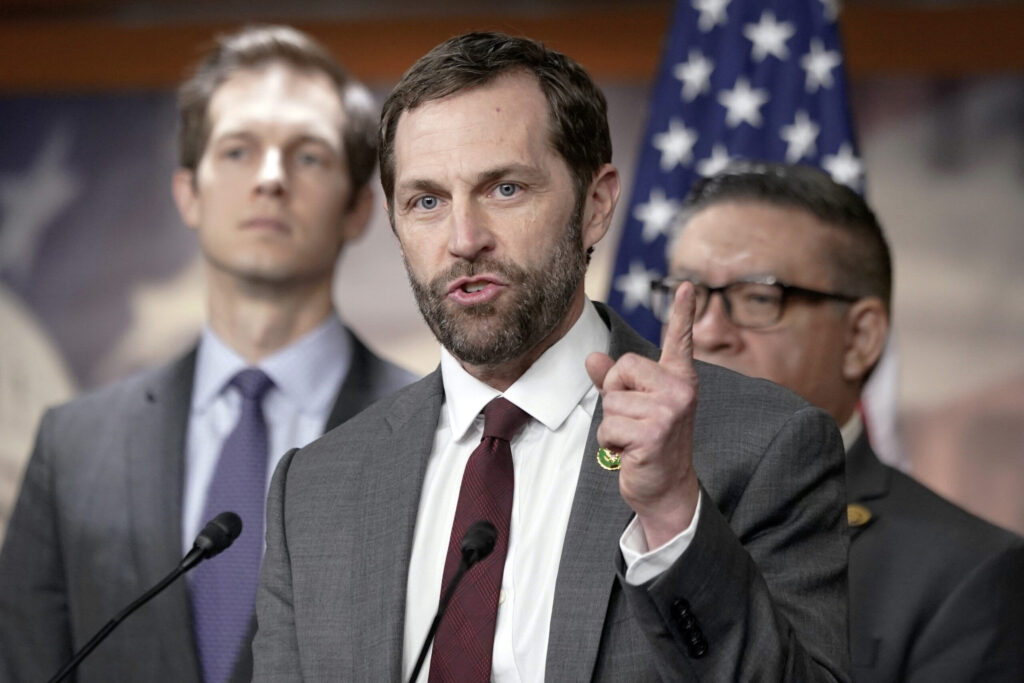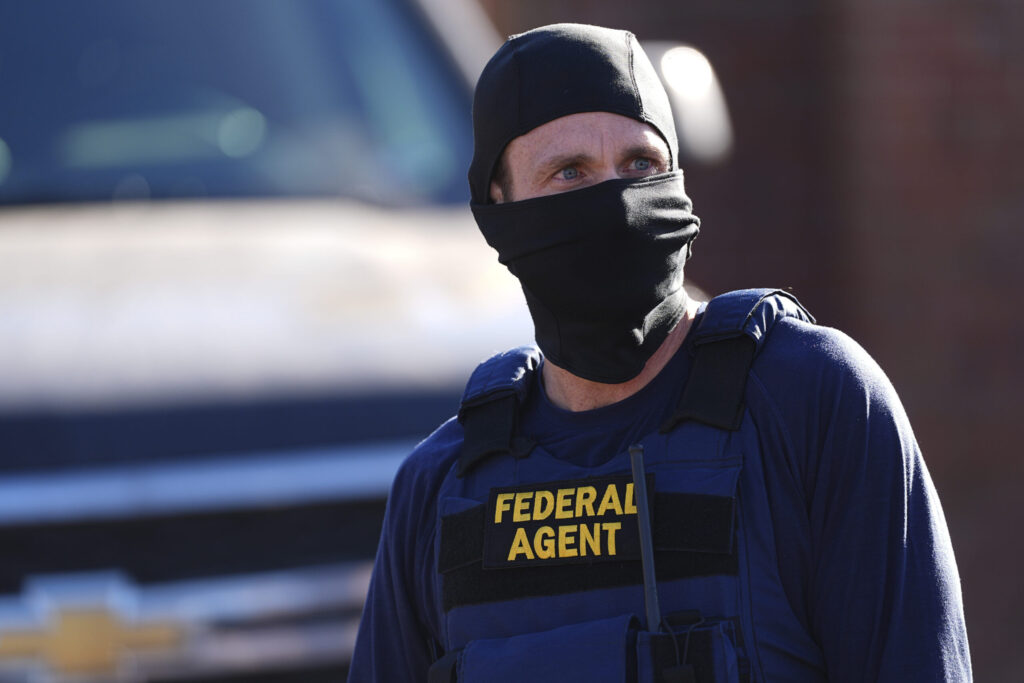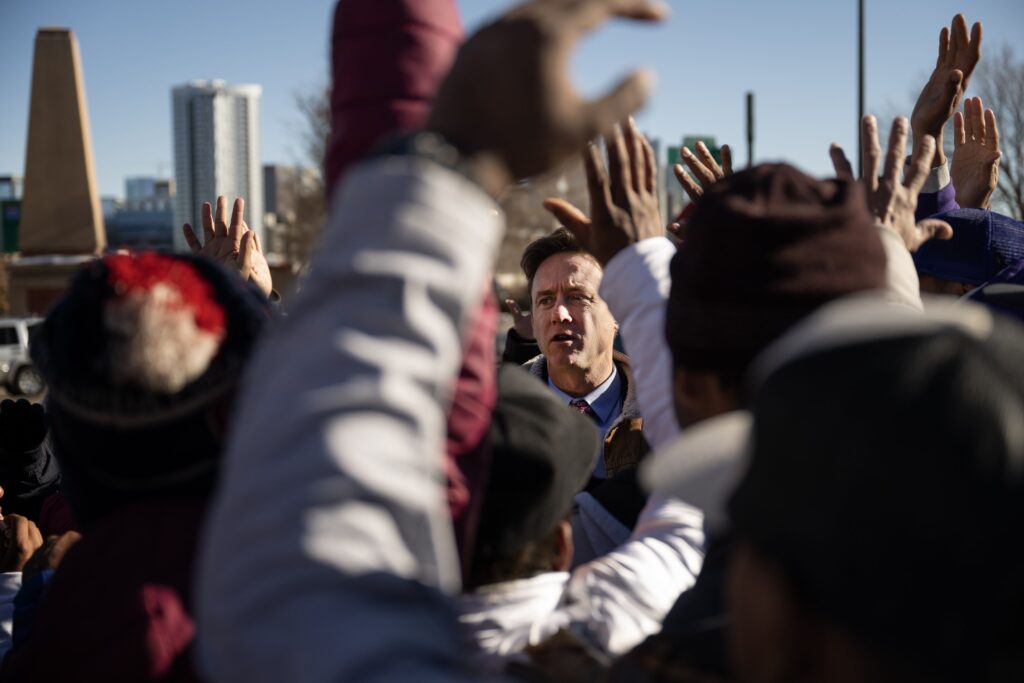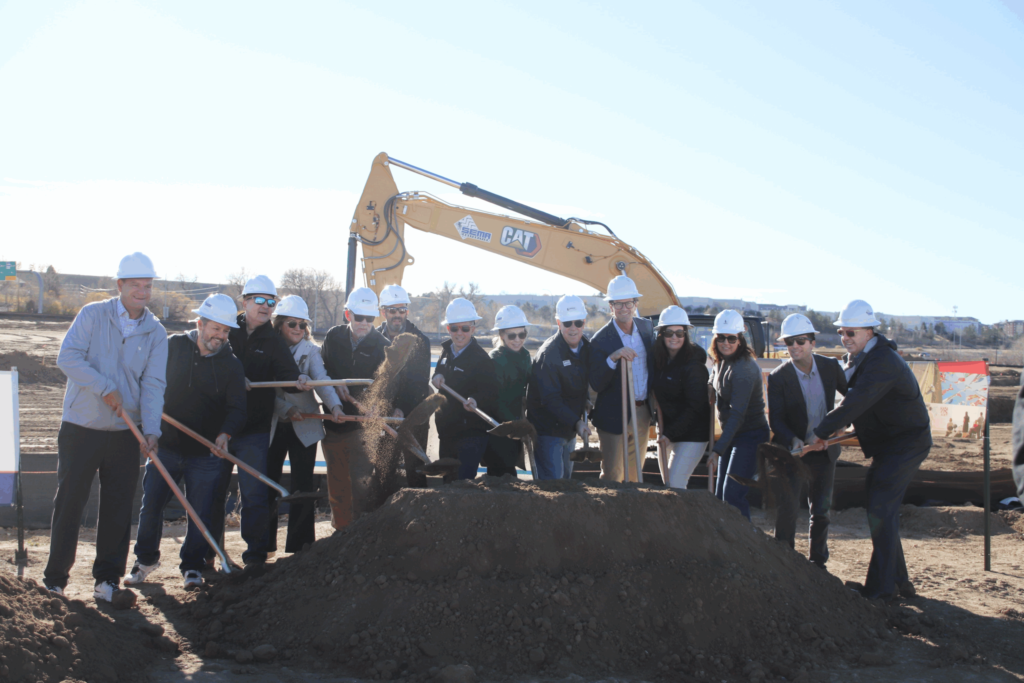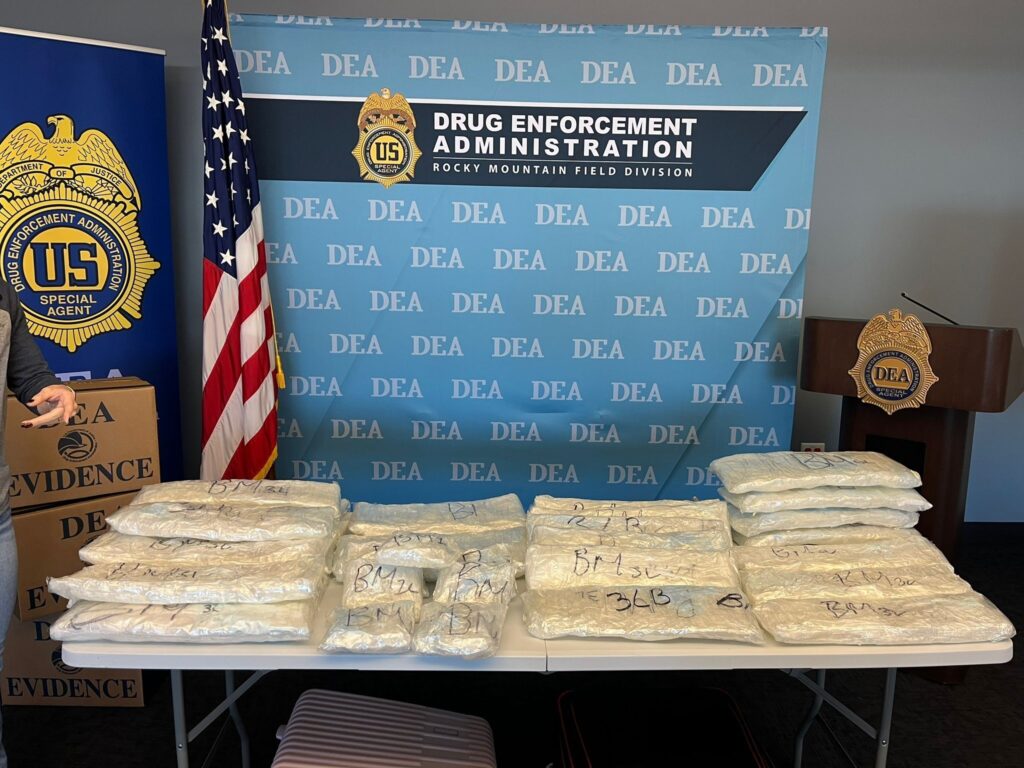Fracking foe, dogged by his comments, past, says, ‘I’m not the story here’

Andrew O’Connor’s business card says “Attorney at Law,” but his true calling these days seems to be fracktivist — a label he doesn’t reject.
After all, he may well be Colorado’s most notorious anti-fracking activist at the moment. He got a national media mention last week for a recent letter to the editor published — and then hastily re-edited — by the Boulder Daily Camera that appeared to endorse violence against fracking operations. He dug in deeper this week when he told ColoradoPolitics.com, “I wouldn’t have a problem with a sniper shooting one of the workers” at a fracking site.
And, as it turned out, he’s the same Andrew O’Connor who’s behind a pending statewide ballot issue to hike Colorado’s severance tax on oil and gas production.
The Lafayette man has seemingly overnight become an ad hoc provocateur on an issue so divisive it has pitted neighborhoods against drillers, and cities and counties seeking to ban fracking against state regulators and even the governor — amid the state’s years-long oil and gas boom.
“I believe fracking is murder,” he told us.
So, fracktivist it is. Besides, as he acknowledged to us in a follow-up conversation later this week, he’s not actually licensed to practice law in Colorado. Or anywhere else. His Florida law license, issued long ago, has been on the inactive list for years.
Though the 57-year-old O’Connor has made a living as a paralegal, he’s not working at all right now — which, he explained, is why he was wondering if ColoradoPolitics.com paid for interviews. We don’t, but he agreed to talk anyway, addressing published media accounts about his history of conflict, confrontation and run-ins in Florida, New Mexico, Colorado and elsewhere. He denounces and disputes some of those accounts.
The man who is now poised to mount a petition drive for what could be the next big ballot battle with the oil and gas industry said his foes are dredging up the old, bad press to change the subject.
“They’re trying to disrtract us from the real story and make it about me,” he said. “I’m not the story here. It’s the oil and gas industry and how we don’t need them in Colorado.
“I want you to talk about how immoral the oil and gas industry is. It’s a toxic, murderous industry.”
OK, but what about the two-part series on him in 2007 by New Mexico’s largest newspaper, the Albuquerque Journal, that drew on court and other records detailing questionable conduct as a lawyer?
“That was a hatchet job,” he said. “Half of that stuff isn’t even true.”
That stuff, according to the newspaper, included:
And there was the 1992 petition by the Florida Bar Association to place O’Connor’s law license on emergency suspension. According to the Journal, the petition alleged, among other things:
O’Connor calls those allegations, “All lies from an ex-girlfriend.”
Also alleged by the Florida Bar Association, according to the Journal report:
A Chapel Hill, N.C., police lieutenant later informed the Florida Bar that O’Connor had tried to bill a North Carolina woman $900 for discussing a legal problem with her, even though O’Connor wasn’t a member of the North Carolina Bar. O’Connor was later arrested on misdemeanor warrants for unauthorized practice of law and for refusing to pay a $24 bill to a local hair salon.
The Journal investigation also turned up a trove of litigation filed by O’Connor during his time in New Mexico:
Andrew J. O’Connor isn’t licensed to practice law in New Mexico, but that hasn’t stopped him from filing a dozen lawsuits on his own behalf.
O’Connor, a law school graduate who has not been in good standing with the Florida bar since 1992, filed his first lawsuit in New Mexico eight months after taking employment here in July 2002.
In the roughly three years since that first case, he has initiated at least 11 other court actions in New Mexico’s state and federal courts, suing defendants ranging from Jiffy Lube to Florida Gov. Jeb Bush.
His lawsuits have alleged everything from defamation and wrongful termination to negligence and civil rights violations. Seven of those cases were filed last year.
Says O’Connor:
“I think people don’t get sued enough. And I think if people did the right thing they wouldn’t get sued. Every case I ever filed, I’ve been right.”


